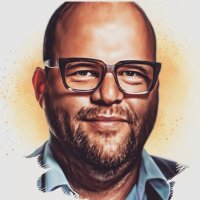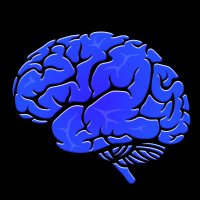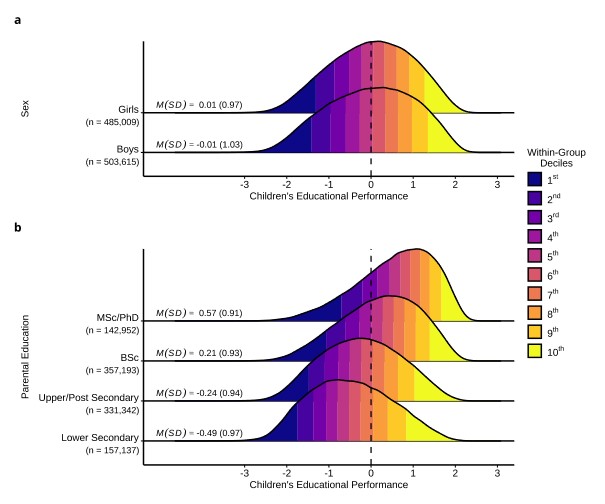
Dr Elsje van Bergen
@drelsje
A/Prof Psychology @NTRscience; Vis/Prof @UniOslo. Developmental science, education equality, genetics. #ERCStG #VIDI, also @drelsje.bsky.social🤸
ID: 1660482254
https://www.evanbergen.com/ 10-08-2013 16:24:23
4,4K Tweet
3,3K Followers
826 Following

🚀 New paper Association for Psychological Science & press release! 🧬📖 🧮 Our large-scale study (20,000 children) shows that #ADHD, #dyslexia, and #dyscalculia often co-occur due to shared genetic risk—not because one condition causes the other. doi.org/10.1177/095679… vu.nl/en/news/2025/g… (1/5)


👩🔬 What does this mean? Treating #ADHD alone is unlikely to improve reading/math skills, just as treating #dyslexia won't reduce ADHD symptoms. A remedy for one is not a remedy for the other! 📰 Press vu.nl/en/news/2025/g… 📢 Association for Psychological Science doi.org/10.1177/095679… 3/5









Geoffrey Miller Paul Graham The story continues... x.com/drElsje/status…

Thanks! Here with the link to the paper: osf.io/rehdj Fartein Ask Torvik Monica Melby-Lervåg Hans Fredrik Sunde Dr Caro Rowland


